"A life-or-death situation"
On Tuesday in Benghazi, Russian Deputy Defense Minister Yunus-Bek Yevkurov met with Libya's eastern forces commander Khalifa Haftar and said the Wagner forces would operate under a new commander, a Libyan official said.
There is no indication that these events were accidental. However, Jalel Harchaoui, a Libyan researcher at the Royal United Services Institute (RUSI), said Yevkurov’s visit “suggests that Russia’s presence in Libya will deepen and expand rather than diminish.”
The meeting was called after the failed coup by Prigozhin and his Wagner group against Russian President Vladimir Putin in June, a sign that Moscow has no intention of abandoning the global network the private military has established.
Now that Mr. Prigozhin is dead, the fate of the complex network of military and financial operations that he and the Wagner organization built across Europe, the Middle East and Africa hangs in the balance.
Previously, Wagner had participated in many major battles in Ukraine such as: participating in civil wars and uprisings in Syria, Libya, Central African Republic and Mali... They controlled gold mines and oil wells in neighboring areas.
Mr Putin ended Wagner’s operations in Syria. After the coup, Wagner’s forces in Ukraine handed over their bases to the regular Russian army and began moving to Belarus, but it is not clear how many Wagner soldiers have moved to that country.
In Africa, Wagner will likely continue to operate as usual under new management or be absorbed into another Russian mercenary organization. However, its ability to operate in areas where Moscow has no formal or legal presence makes it an invaluable tool for the Kremlin’s foreign policy.
“Wagner will be a problem,” said John Lechner, a US-based researcher who is writing a book about Mr Prigozhin. “They have a lot of contracts, and they are a business, they need to continue to operate. In terms of credibility, (Wagner) will continue to try to make it look like everything is still operating normally, and they are still a reliable partner.”
“Replacing lost leadership”
Since the June coup, Prigozhin has stepped up his efforts to bolster Wagner’s presence in Africa. “Wagner PMC makes Russia’s influence greater in the world and helps Africa become more free,” he said in a video posted Monday in an unnamed African country.
This process is unlikely to have the backing of Moscow, and there have been reports of the Kremlin setting up a number of alternative companies to take over Wagner’s operations, but so far the company has not been able to do so.
In countries where Wagner works through a deal with Moscow, analysts believe the situation will not change much, at least for now.
According to data from independent analysts and Human Rights Watch, in Libya since 2019, up to 2,000 Wagner mercenaries have supported Mr. Haftar's side in attacking Tripoli until a ceasefire was announced in 2020, since then they have protected military facilities and oil exploitation.
Since Russia has no formal military role in Libya and cannot intervene directly without violating a UN arms embargo, according to Mr. Harchaoui, Russia's ability to intervene in the region would still have to go through Wagner or similar organizations.
A spokesman for Mr Haftar did not respond to questions about his meeting with the Russian official. However, he previously said they discussed military cooperation, including training on Russian weapons. The Russian defence ministry said the discussion focused on counter-terrorism cooperation.
In the Central African Republic, President Faustin-Archange Touadera's political adviser Fidele Gouandjika expressed his condolences over the crash of Mr Prigozhin's plane, saying his death was "a huge loss" because his soldiers "saved democracy" by supporting the government during the country's civil war.
However, Mr. Gouandjika also said that because Wagner was only present in the country through an agreement with Russia, “the presence of training personnel here will not change.” He also said that Mr. Prigozhin was “a deceased leader, completely replaceable.”
Instability is still creating some risks in Africa, according to Ousmane Pare, a political analyst in Burkina Faso.
“We can anticipate some operational hurdles that this organization will encounter and that will certainly have some consequences for the countries that have been associated with them.”
The fate of Wagner’s economic assets may be even more uncertain than its security assets. There is no word yet on the fate of Evro Polis, a company Wagner owns with oil assets in Syria.
Little is known about Wagner’s income from mining and timber companies in the Central African Republic and other African countries, but it would be difficult for the Russian government to take direct control of these assets or transfer them to another contractor.
Nguyen Quang Minh (according to Reuters)
Source


![[Photo] Close-up of Vietnam's sniffer dog team searching for earthquake victims in Myanmar](https://vstatic.vietnam.vn/vietnam/resource/IMAGE/2025/4/1/d4949a0510ba40af93a15359b5450df2)

![[Photo] General Secretary To Lam receives King Philippe of Belgium](https://vstatic.vietnam.vn/vietnam/resource/IMAGE/2025/4/1/e5963137a0c9428dabb93bdb34b86d7c)

![[Photo] Prime Minister Pham Minh Chinh meets with King Philippe of Belgium](https://vstatic.vietnam.vn/vietnam/resource/IMAGE/2025/4/1/be2f9ad3b17843b9b8f8dee6f2d227e7)
![[Photo] President Luong Cuong and King Philippe of Belgium visit Thang Long Imperial Citadel](https://vstatic.vietnam.vn/vietnam/resource/IMAGE/2025/4/1/cb080a6652f84a1291edc3d2ee50f631)
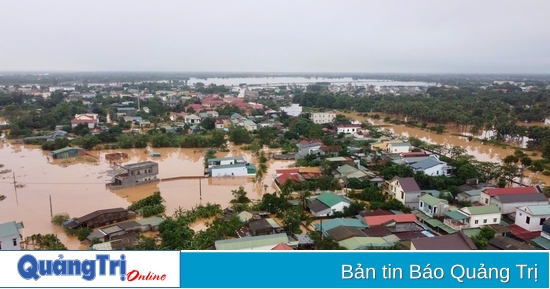


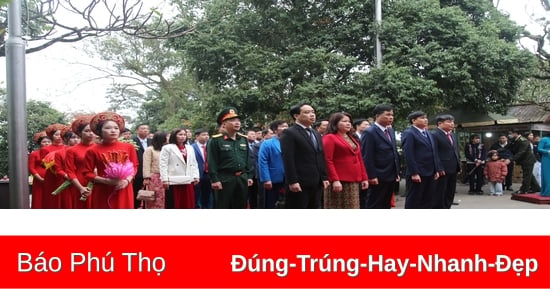


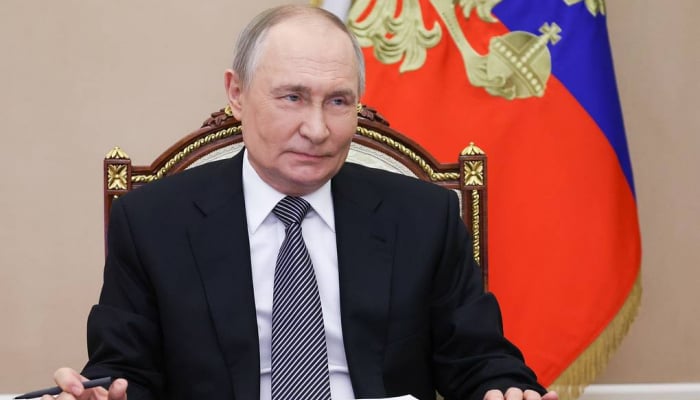

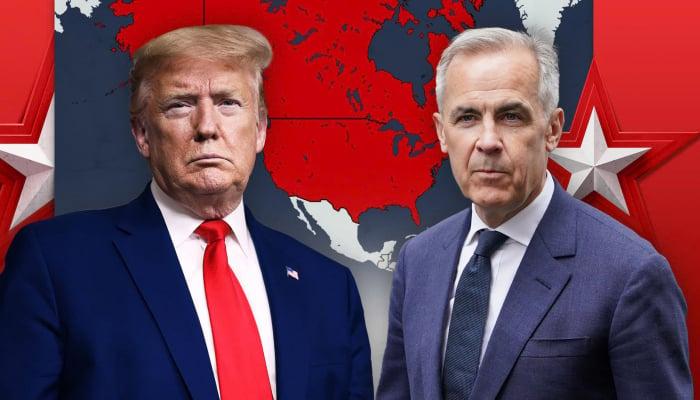
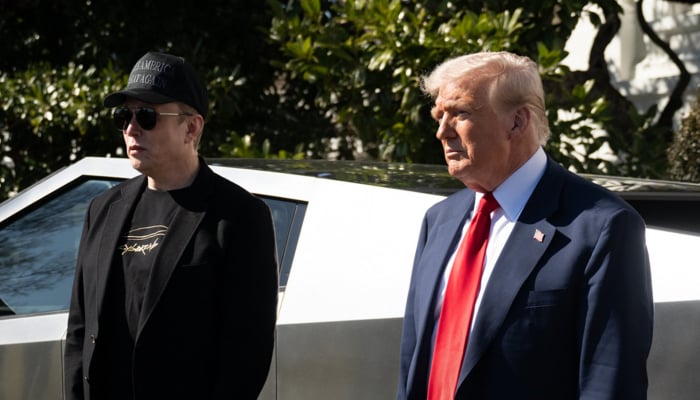

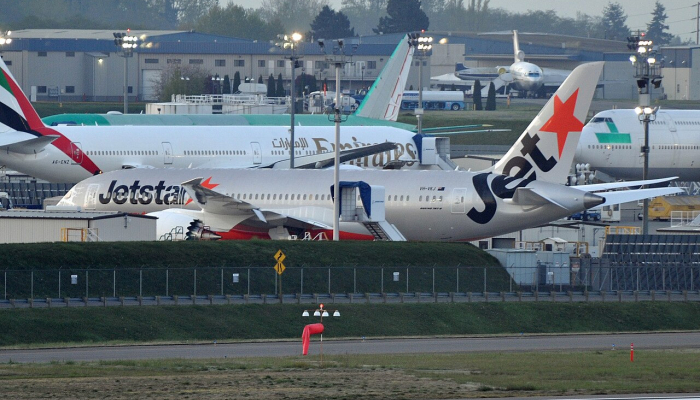
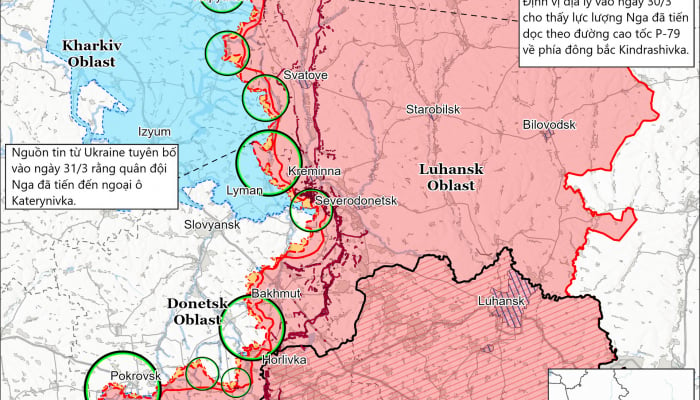
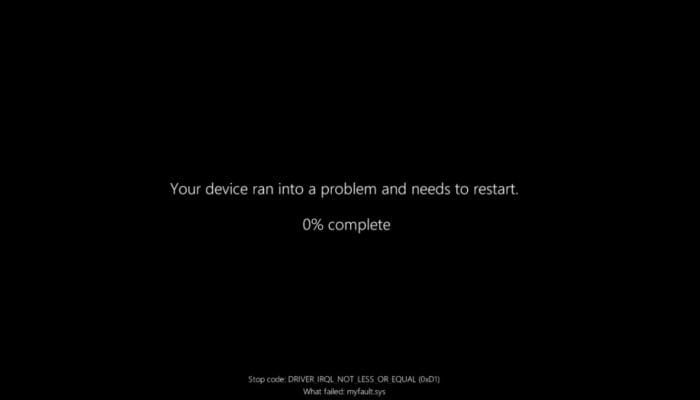









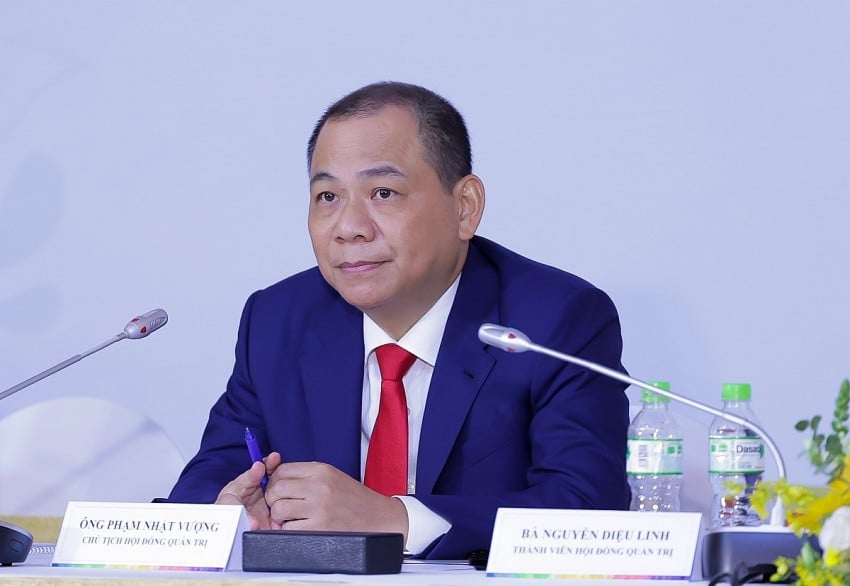
![[Photo] Myanmar's capital in disarray after the great earthquake](https://vstatic.vietnam.vn/vietnam/resource/IMAGE/2025/4/1/7719e43b61ba40f3ac17f5c3c1f03720)












































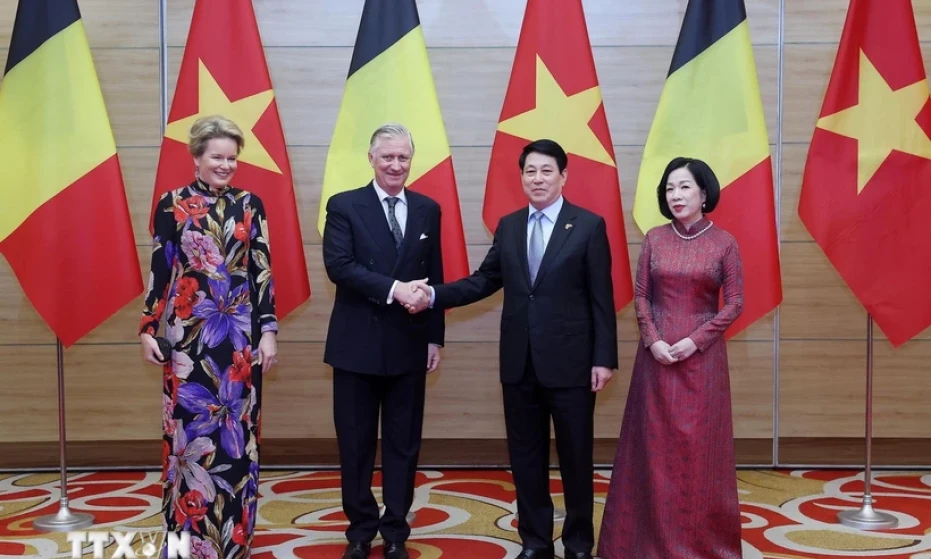



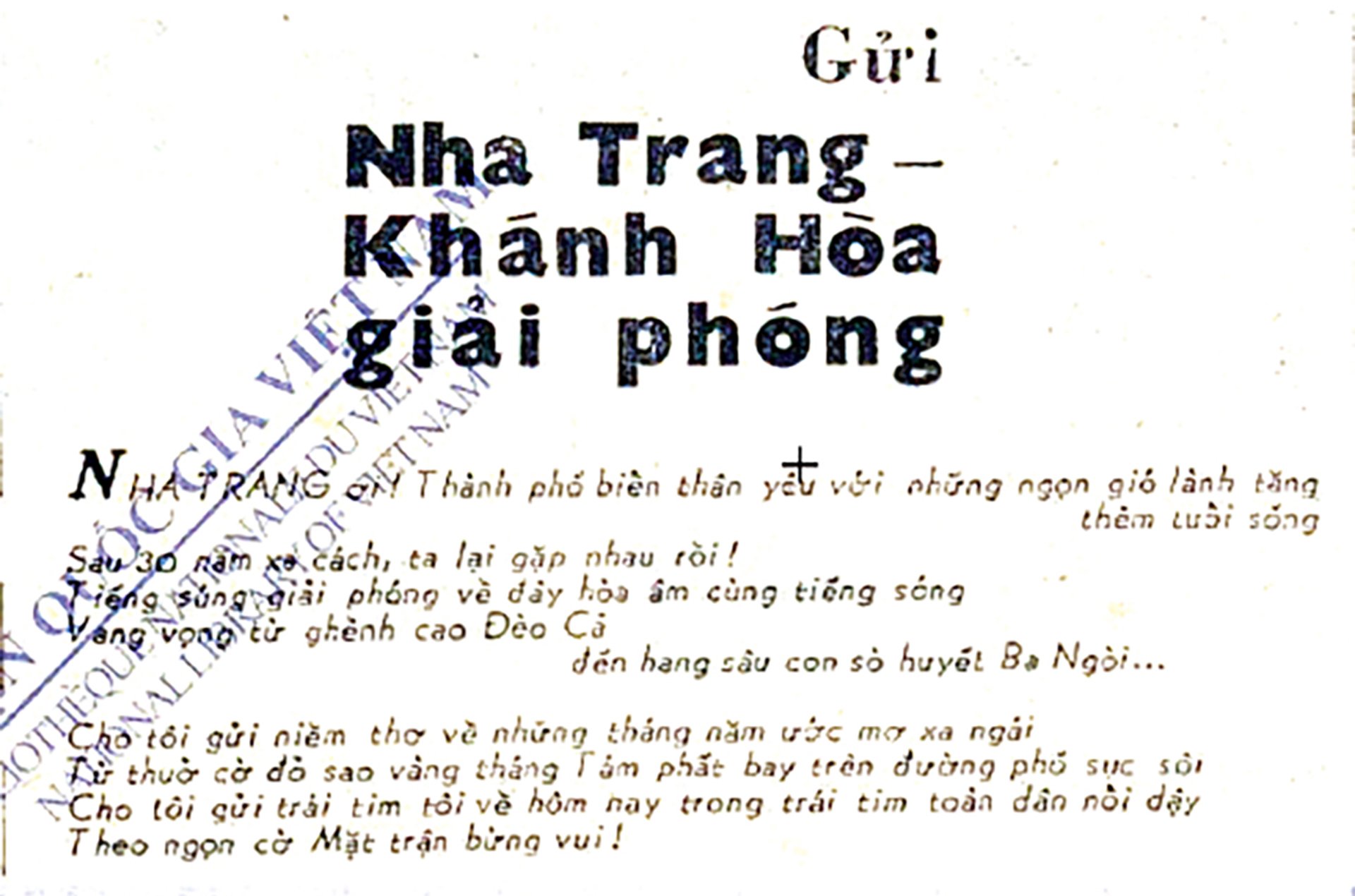














Comment (0)